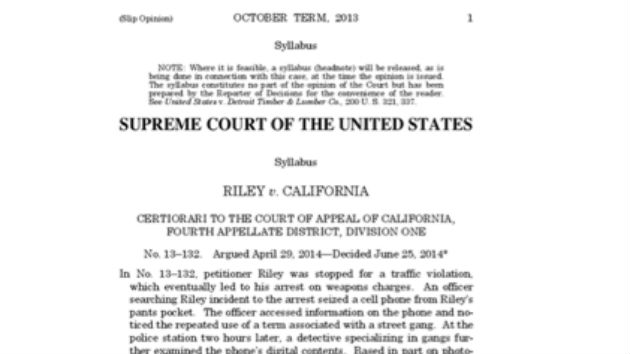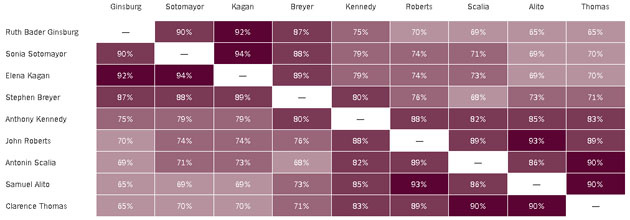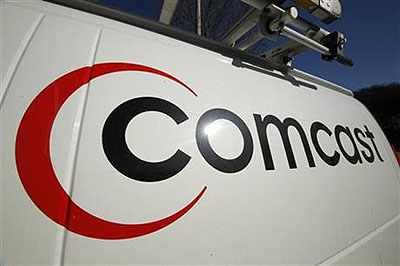
<a href=:"http://www.shutterstock.com/pic-112158140/stock-photo-best-internet-concept-of-global-business-from-concepts-series.html?src=dt_last_search-7">Source</a>/Shutterstock
On Wednesday, the Supreme Court, in a 6-3 decision, handed over-the-air broadcasting giants—including ABC, NBC, and Disney—a big victory over Aereo, a tiny, internet-based startup. Aereo’s lawyers had warned the high court that a ruling against the company would sound a death knell for other Internet technology, such as cloud-based computing. But in all likelihood, the internet will be fine.
Here’s a brief history of the case: Aereo, a small Brooklyn based start-up, operates thousands of tiny antennas that capture signals from public television broadcasts. It charges its customers about eight bucks a month to select programs and record and stream this content to their Internet devices via the cloud. It has been touted as the VCR of the future.
When major broadcasting networks found out that a little company was streaming their copyrighted content online without paying them any kind of copyright or transmission fees, they were understandably miffed. In their petition to the Supreme Court, the broadcasters claimed Aereo is “a direct assault” on broadcast television and copyright law. In response, Aereo contended that because it rents out thousands of tiny individual antennas to subscribers and these subscribers personally control what is recorded, its content is not a repeat performance of previously aired, copyrighted content to a public audience—it’s a simple recording done in a remote location, akin to what anyone could do at home with a DVR.
The Supreme Court decided that Aereo’s work was too similar to services provided by actual cable companies, and that Aereo was using technological gimmicks to skirt copyright laws and fees. (Justice Sonia Sotomayor asked during the case whether Aereo is too similar to a cable company.)
Many legal experts and Internet watchers saw this David-versus-Goliath case as being bigger than Aereo. The company argued that a ruling against it could kill the cloud computing technology industry. Its lawyers maintained that any content uploaded to the cloud would be immediately under strict supervision. For example, two people with the same uploaded video placed on Dropbox or iCloud could be violating laws that prohibit publicly performing copyrighted work without the permission of the copyright holder. During oral arguments, the justices—perhaps not the most technologically savvy group—were confused about the possible impact on innovative and upcoming cloud technology.
But the Internet is probably safe. The court ruled that “cloud based storage devices” are not affected by the decision because “they ‘offer consumers more numerous and convenient means of playing back copies that the consumers have already lawfully acquired.'” Although Aereo had repeatedly cited the “fear” of the cloud computing industry, cloud operators did not publicly express any fright.
This ruling, though a win for big TV, won’t help the industry that much. In 2013, Business Insider reported that “the TV business is having its worst year ever.” According to ISI Group, an equity research firm, in the past five years, nearly 5 million cable subscribers have abandoned ship. (Business Insider has a bunch of stats about just how screwed the TV industry is.) People are paying for online content like Netflix and Hulu, and more and more content is going where the money is. Chelsea Handler, the former host of E’s Chelsea Lately, is bringing her talent to Netflix, where award-winning shows such as House of Cards already live.
This case is a blow to Aereo. Its business plan is kaput, and copyright laws are getting a bit stricter. But the Internet is more than safe—it’s the future of TV.











